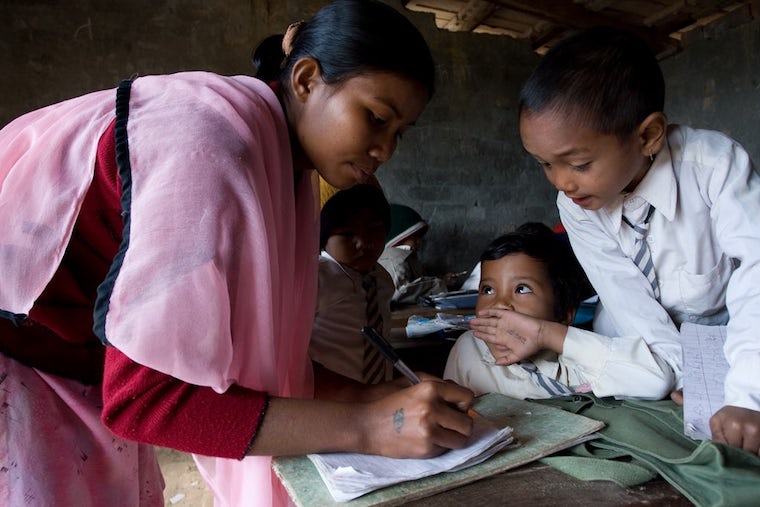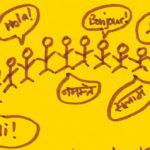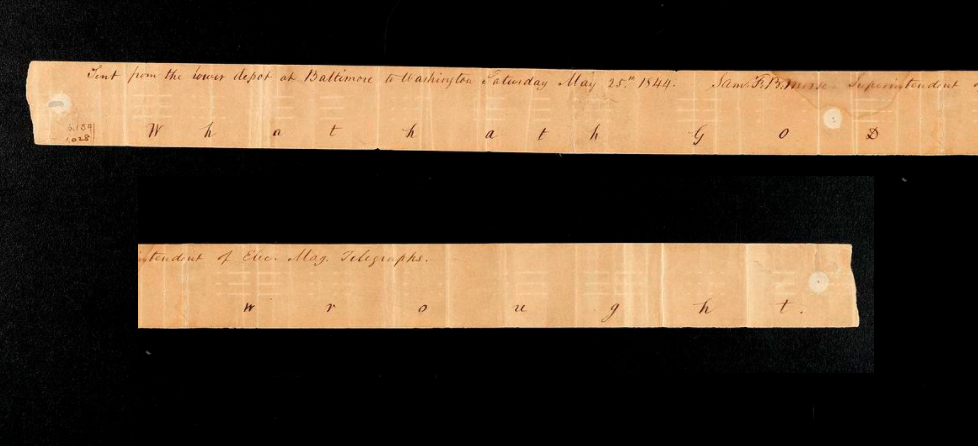
Further Reflections on a World Language
In Words of Paradise, Bahá’u’lláh returns to the theme of a world language, and indeed he strengthens his counsel.
We have formerly ordained that people should converse in two languages, yet efforts must be made to reduce them to one, likewise the scripts of the world, that men’s lives may not be dissipated and wasted in learning diverse languages. Thus the whole earth would come to be regarded as one city and one land.[1]
In considering this teaching we might recall Bahá’u’lláh’s explicit comment on the purpose of language.
That which is desired of a language is that it convey the intent of the speaker…[2]
Like all Bahá’u’lláh’s teachings, each is only really appreciated in the context of the entire body of teachings of which it forms a part. In Words of Paradise itself, we find a reminder of “moderation”.
In all matters moderation is desirable. If a thing is carried to excess, it will prove a source of evil.[3]
And of justice – in Bahá’u’lláh’s iconic statement that the purpose of justice is unity.
The light of men is Justice. Quench it not with the contrary winds of oppression and tyranny. The purpose of justice is the appearance of unity among men.[4]
And he calls on leaders of thought to focus on bringing human beings together as one people.
O ye men of wisdom among nations! Shut your eyes to estrangement, then fix your gaze upon unity. Cleave tenaciously unto that which will lead to the well-being and tranquility of all mankind. This span of earth is but one homeland and one habitation. It behooveth you to abandon vainglory which causeth alienation and to set your hearts on whatever will ensure harmony.[5]
Moreover, we have seen in an earlier article the principle of gradualism that Bahá’u’lláh applied to adoption of his laws and teachings.
… one must observe tact and prudence under all conditions, so that nothing might happen that could cause disturbance and dissension or raise clamor among the heedless … One must guide mankind to the ocean of true understanding in a spirit of love and tolerance.[6]
And in the two-step formulation of his teachings on adoption of a universal language – we again see that gradualism at play. First the establishment of a global auxiliary language – and then – in the course of time – the adoption of a single world language.
All these concepts are relevant to finding a beneficial pathway to a world language.
From the establishment of national languages around the world, we can see the practicability of establishing a global language, and we can see the potential benefits. But we can also see that in many cases unity of language was achieved in ways that disrupted rather than healed society – or which were oppressive or less than just. In some cases the issue of language has contributed to violence in society.
It is clear enough that Bahá’u’lláh would not want such outcomes as they are incoherent with the centrality of unity and peace in his teachings – and his organic model of humanity. Nor would it be coherent with the other principles outlined above.
The last two centuries have, if nothing else proven the practicability of bringing together disparate language speakers into a community that speaks one language – connected not incidentally with the spread of universal education (another principle of Bahá’u’lláh’s teachings). If we mention just a few languages: Arabic, Chinese, Hindi, French, Spanish we are already speaking of a significant proportion of the world’s population who can communicate with each other in one of them. Around the world, at national level, the same story has been repeated many times – with national tongues bringing together populations who formerly could not communicate with each other. Artificial languages like Esperanto have been invented and taught to and spoken by millions – explicitly with the goal of fostering international peace and understanding. Computers have the ability to assist us communicate across language barriers with automatic translation — but they are no substitute for face to face dialogue between human beings who can understand each other’s words and feelings.
In our modern world, English (in absence of positive action by society) has emerged organically (and as a reflection of the interaction of language with our political and economic systems) as an implicit international auxiliary language. It may or may not remain so. It is clear however that not making a collective decision about how we are to communicate with each other as a world – is just as significant as making a decision.
Languages are also complex adaptive systems. Although they can be created they also just “emerge” organically from the interaction of a community of speakers – and other factors affecting language adoption. There was no language commission to tell us how to speak when human beings started talking to each other. This is why English has emerged as a global language of communication. Because a community of speakers found they needed to communicate with each other and their innumerable individual and collective interactions gradually reinforced English as the choice for that communication. Now we take it for granted, or perhaps lament its rise. Whether we are ready for it or not, we are already one global society – which engages in an unfolding global conversation. We need a means of communication adequate to that conversation.
Bahá’u’lláh at several points urges institutions of society to take a more proactive approach to the question.
In the Kitab-i-Aqdas, his book of laws, Baha’u’llah writes:
O members of parliaments throughout the world! Select ye a single language for the use of all on earth, and adopt ye likewise a common script.[7]
Later in his ministry he again raises the issue:
Among the things which are conducive to unity and concord and will cause the whole earth to be regarded as one country is that the diverse languages be reduced to one language and in like manner the scripts used in the world be confined to a single script. It is incumbent upon all nations to appoint some men of understanding and erudition to convene a gathering and through joint consultation choose one language from among the varied existing languages, or create a new one, to be taught to the children in all the schools of the world.[8]
Bahá’u’lláh predicts the “adoption” of a global language:
The day is approaching when all the peoples of the world will have adopted one universal language and one common script.[9]
An active consideration of the issue by decision makers from many nations would ensure that we make a decision that considers the welfare of all human beings. Sliding into a language by default carries the risk that it will not necessarily be a fair outcome (as already concerns many).
However, we already have enough experience with creating more widely spoken language at national level (and indeed as vehicles of international communication) to benefit from that experience. We know many of the mistakes to avoid and we are capable of achieving such a goal. It is the work of two or three generations.
While a common language, of itself, doesn’t guarantee a more peaceful and just world, it is certainly a factor that could very powerfully contribute to it.
The first step on the pathway to a global language is for one to be chosen and for that language to be taught in schools. That language would at that point become a shared language of the mind. However, when that language is taught to newborns by their mothers and fathers and is spoken in the home, it would then also become a language of the heart. At that point, we will truly, finally, be able to understand one another.
(This article is the 175th in a series of what I hope will be 200 articles in 200 days for the 200th anniversary of the birth of Bahá’u’lláh. The anniversary is being celebrated around the world on 21 and 22 October 2017, The articles are simply my personal reflections on Bahá’u’lláh’s life and work. Any errors or inadequacies in these articles are solely my responsibility.)








